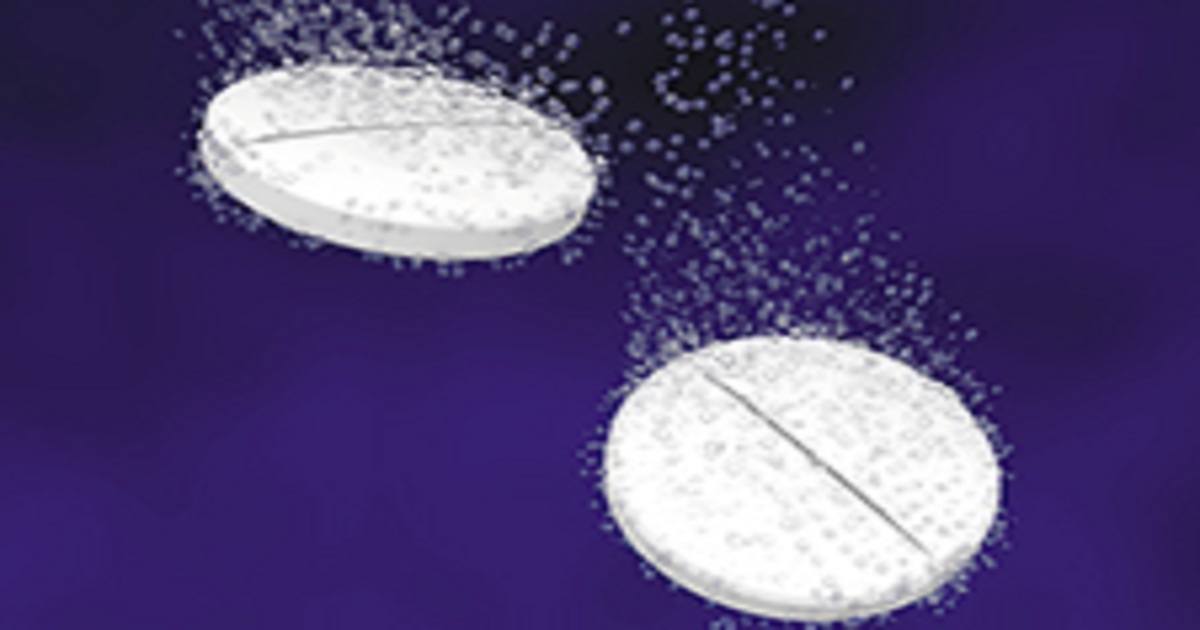Role of Particle Morphology on Tablet Dissolution Rates

Magnesium stearate (MgSt) is the most commonly used lubricant in solid dosage formulations to improve the formulation processability. It may be used as an anti-caking agent when blended in lesser amounts with APIs with high caking potential as a pre-mix for further processing. This approach changes the surface properties of powders by dry coating it with hydrophobic materials to modify the surface energy and reduce particle interaction. This process uses shear and compression to produce a thin, continuous film of lubricant on the surface of the host avoiding the caking effect. But, this hydrophobic layer prevents water from penetrating into the tablet, thus restraining the disintegration and dissolution of the tablets. MgSt is a naturally sourced excipient, and the excipient suppliers use a variety of processes to manufacture different MgSt grades for pharmaceutical applications. Not surprisingly, several studies have reported the presence of source-to-source, manufacturer-to-manufacturer, and lot-to-lot variability in the physical, chemical, and functional characteristics of MgSt.